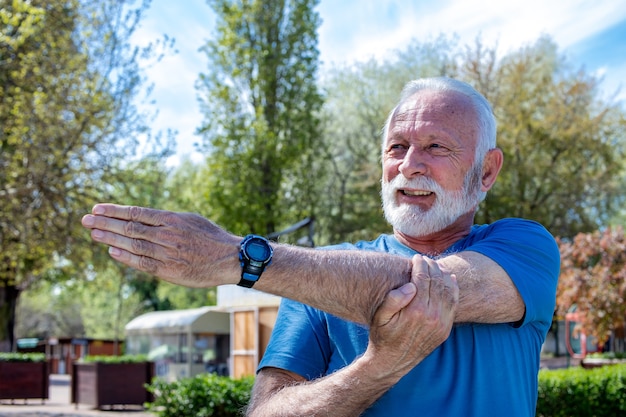
Most people don’t give much thought to their bones—until one breaks. But it’s important to pay attention to your bone health, no matter your age. Contrary to popular belief, taking care of your bones isn’t just an “older person’s issue.”
Bone health is something you should work on over time, just like other aspects of your overall well-being. Starting healthy habits early in life can be a great way to reduce your risk of osteoporosis later on. Osteoporosis often goes unnoticed until someone breaks a bone, and millions of Americans either have it or are at risk of developing it. Another common condition is osteoarthritis, a degenerative joint disease that can lead to pain, limited mobility, and reduced endurance.
The good news is that it’s never too late to pay attention to your bones. Here are five simple ways to keep them healthy, no matter your age:
### 1. Keep a Healthy Weight
It’s not always easy, but maintaining a healthy weight is crucial for strong bones and long-term mobility. Being too thin can increase the risk of conditions like osteoporosis, while being too heavy can weaken bone quality and lead to fractures. Frequent weight fluctuations can also harm your bones over time.
**What to do:** If you need to lose weight, consult with a doctor or dietitian to find a safe, bone-friendly approach that works for you.
### 2. Stay Active
Regular physical activity is one of the best things you can do for your bones. Like muscles, bones become stronger when you use them. Weight-bearing activities are particularly effective.
Try to aim for at least 30 minutes of exercise a day. Activities that may benefit your bones include walking, jogging, dancing, swimming, yoga, Pilates, weight training, and light stretching.
**What to do:** If you’re starting a new workout routine, check with your doctor or work with a physical therapist or personal trainer to figure out what’s best for your body.
### 3. Eat a Balanced Diet
A diet rich in calcium and vitamin D is key to strong bones. However, many people don’t get enough of these important nutrients. Aim for a variety of fruits, vegetables, and dairy products, such as low-fat milk, yogurt, and cheese. Incorporating good sources of protein into your weekly meals is also essential. On the other hand, try to limit processed foods and those high in sugar, salt, or unhealthy fats.
**What to do:** If you think you’re falling short on essential nutrients, ask your doctor whether taking a supplement would help. They can guide you on proper dosages and check for any interactions with medications you might be taking. Sometimes simple dietary changes and spending more time in the sun can make a big difference.
### 4. Cut Back on Alcohol, Caffeine, and Tobacco
Certain habits, like smoking and heavy alcohol or caffeine consumption, can make you more likely to develop osteoporosis. Reducing or quitting these can significantly help your bone health.
**What to do:**
– For caffeine, consider switching to decaf coffee, tea, or other caffeine-free drinks.
– For alcohol, women should aim to have no more than one drink a day, while men should limit themselves to two.
– If you’re trying to quit smoking, look into programs or classes that can support you.
### 5. Get a Bone Density Test
If you’re worried about your bone health, talk to your doctor. They might recommend a bone density scan (known as a DEXA scan) to assess the strength of your bones and determine your risk of osteoporosis. While the scan won’t improve your bones, it can give you valuable information and help guide next steps.
**What to do:** Check with your insurance provider to see if bone density testing is covered. Medicare and many private insurers often provide coverage if certain conditions are met.
Taking care of your bones isn’t complicated—it’s about maintaining a balanced lifestyle that includes healthy eating, regular exercise, and avoiding habits that put your bones at risk. By starting small, manageable changes now, you can set the stage for stronger, healthier bones in the years to come.